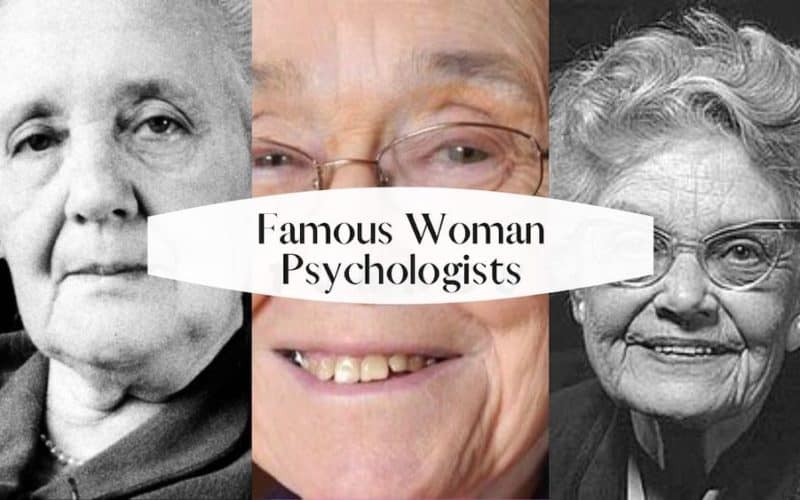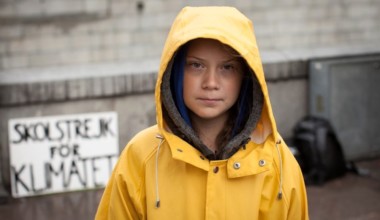Women have played important roles in many fields, and psychology is just one of them. At the time these women researched and made groundbreaking discoveries, it was unacceptable for them to have opinions, degrees, or published works. The following famous woman psychologists overcame the odds and made discoveries that are still used today, forever changing the face of psychology.
Table of Contents
Famous Woman Psychologists
1. Mary Whiton Calkins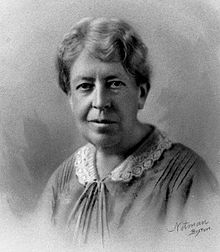
Despite Mary Whiton Calkins having completed all the requirements for her doctorate degree in 1895, she was denied a degree because she was a woman.
This never stopped this famous woman psychologist in her desire to research topics of the human psyche, however, and she would continue her work after leaving school.
Her studies focused on memory, and she was the first to research number/color correlations, but her work was stolen and credited to a male colleague.
Mary would write well over one hundred papers over the course of her career, and her work began to cover diverse studies, with the unique approach that the conscious mind was the part of the psyche that needed to be analyzed. Mary Whiton Calkins was the APA’s first woman president.
2. Margaret Floy Washburn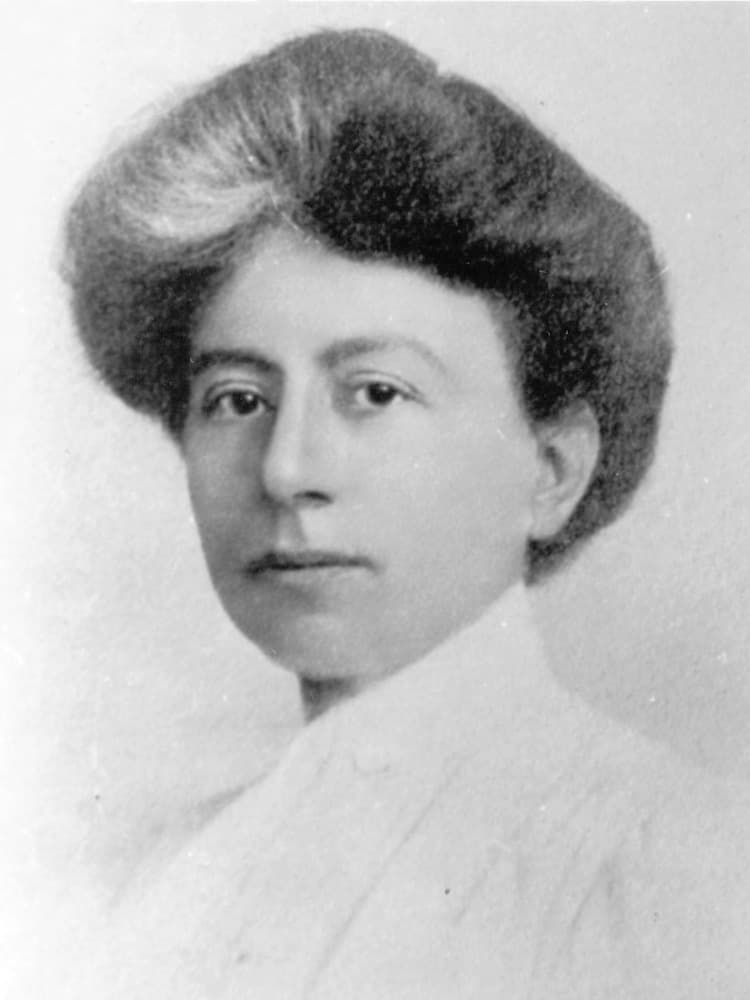
Margaret Floy Washburn was the first female to be awarded her doctorate degree in psychology. She would go on to become the 2nd woman APA president.
In a world where married women were not allowed to teach, Margaret chose to remain unmarried in order to work as a professor at Vassar College, a career she held for 36 years.
During this time, she focused her studies on perception and animal behavior; her published works on the latter are still used today.
Margaret Floy Washburn would reach the conclusion that motor activity is linked to consciousness; she used her theories in treatments that used motor processes with introspection.
She was awarded a place as a Fellow of the National Academy of Sciences, the second woman to have ever received the honor at the time.
Related: 11 Inspiring Women Leaders Who Changed The World
3. Melanie Klein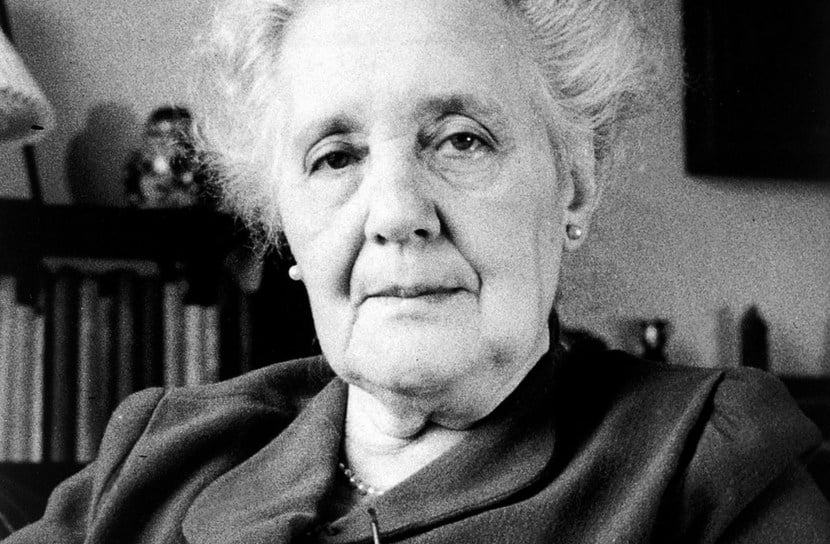
Born in Austria, Melanie Klein is a famous woman psychologist best remembered for diagnosing kids through play therapy, proving that kids are influenced in play by their life experiences.
She also made tremendous strides in providing information about the mental development of babies, and the importance of their relationships with their mothers.
Her techniques and theories have relied on today as the basis for psychoanalysis of children; prior to her groundbreaking discoveries, there was a deeply rooted fear of analyzing children.
4. Elisabeth Kubler Ross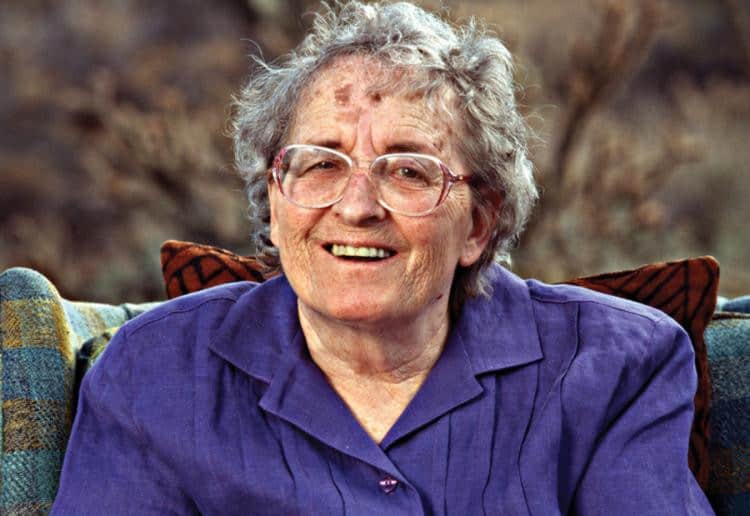
You may not know her name, but you are most likely familiar with the Kubler Ross Model, otherwise known as the five stages of grief and dying. American Swiss Elisabeth Kubler Ross specialized in grief, death, dying, and near-death experiences.
She advocated hospice care and was a co-founder of the holistic medicine movement in America. Elisabeth would study near-death experiences, documenting her findings in the book, “On Death and Dying” released in 1969.
She fell into her field by accident, when she was denied a residency in the field of pediatrics due to pregnancy and chose psychology instead. She has been inducted into the American Women’s Hall of Fame and received nineteen honorary degrees.
5. Lorna Wing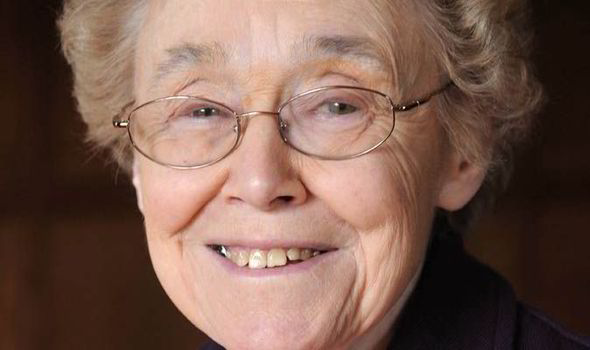
Lorna Wing was a famous woman psychologist born in England who made incredible breakthroughs in autism, creating the autism spectrum and identifying Asperger’s Syndrome.
Lorna was the president of Autism Essex and founded the National Autistic Society. Without her findings, the understanding of Autism would not be at the level it is today.
6. Leta Stetter Hollingworth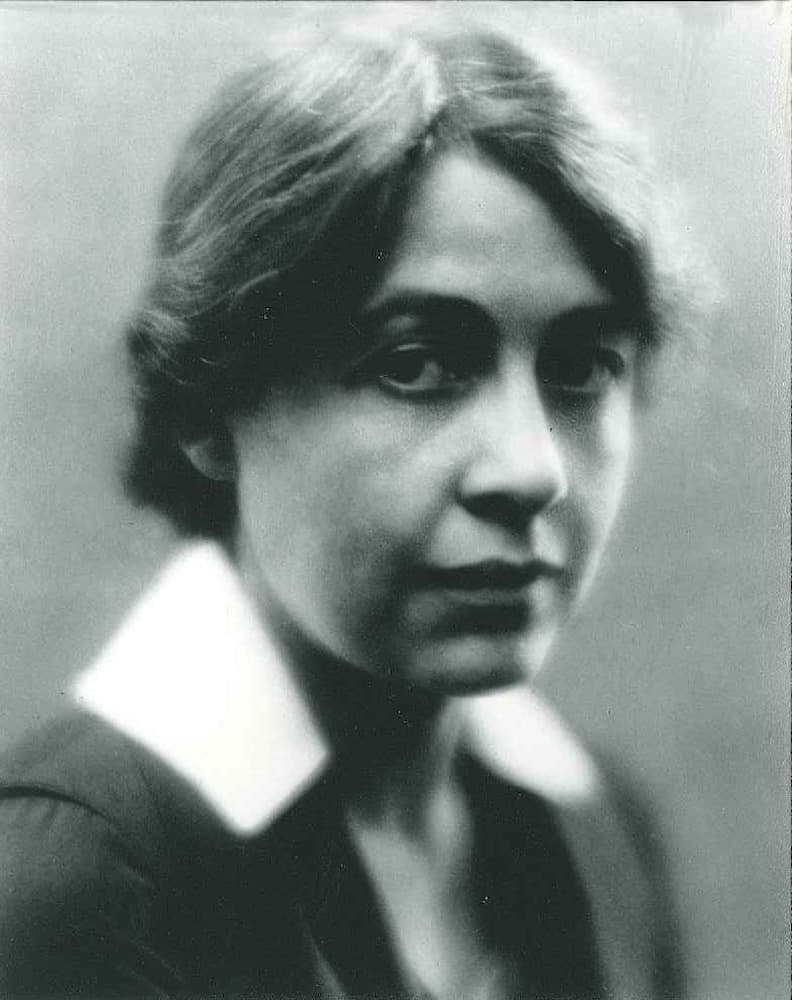
Leta Stetter Hollingworth was an early 20th-century pioneer in psychology. She made great contributions to the fields of educational psychology, clinical psychology, and the psychology of women.
Her research in female psychology led to the understanding that, although women were considered less intelligent than men, the only difference between gender intelligence was that females were not permitted to have careers or anything that would allow them to learn; this would come to be known as the “variability hypothesis.”
She uncovered the concept of gifted individuals with high IQ’s and also devoted time to challenge and unstable children mentally. Her hands-on approach to her subjects was far different from those of her peers, who refused to touch patients at all.
7. Florence Goodenough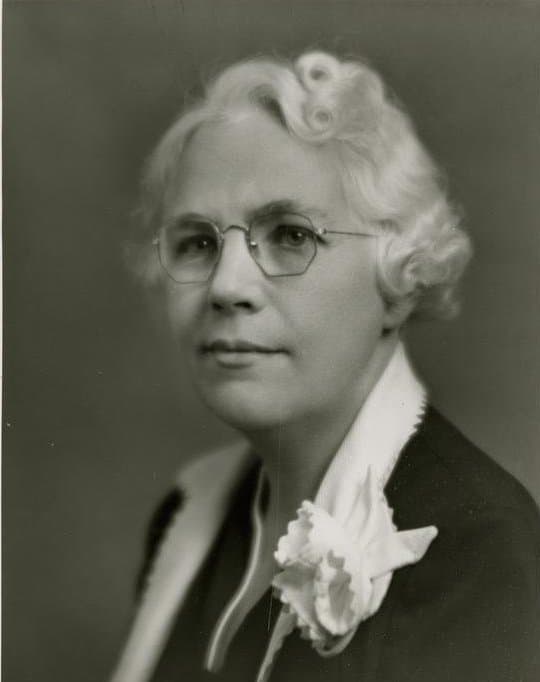
Florence Goodenough was especially interested in children and developed several tests to judge their “mental age,” intelligence, and abilities.
In 1926, she developed her “Draw a Man” test, a short non-verbal test used in children to the age of 13 to analyze the child’s cognitive skills.
Florence would bring the widely accepted IQ test into question, claiming the results are not valuable in evaluating children. Florence also created the Minnesota Preschool Scale, an intelligence test specifically for young children.
8. Toni Wolff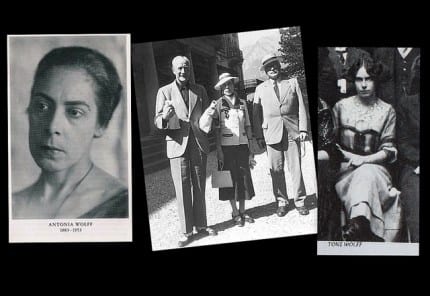
While Toni Wolff is not the most famous woman psychologist on this list, her work with her colleague, famed psychologist Carl Jung, helped to identify four distinct personality types of women.
She first met Jung when she was being treated for depression following the death of her father in 1909.
Toni would also help Jung identify the concepts of anima and animus in females, as well as the overall idea of “persona.” Toni worked closely with Jung from 1913 until the 1930s when a difference of opinions would cause the distance between them; she would continue to be an important part of Jung’s research.
Toni would be the brilliant doctor’s advisor, co-researcher, and sounding board throughout her life.
9. Mary Cover Jones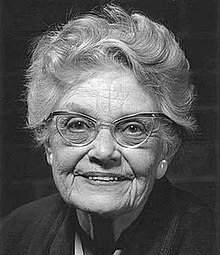
The Mother of Behavior Therapy, Mary Cover Jones is most known for her research in the fear response in infants. In the 1920s, she began an extensive study of a three-year-old toddler named Peter who had a fear of white rabbits.
When all normal avenues failed to relieve Peter of his fear, she began what she called “direct conditioning.” Mary exposed Peter to pleasant circumstances, such as his favorite snacks, while he was in the same room with the rabbit.
Over time, Mary was able to move the rabbit closer to Peter as he snacked until he was no longer afraid of the rabbit at all. While the research was valuable, it wasn’t considered complete because she only had one test subject.
She expanded her research to 365 infants and carried on implementing her theories. Her work in 1932 followed 200 adolescents from elementary school through the teen years. Her work with childhood behavioral issues was groundbreaking.
10. Bluma Zeigarnik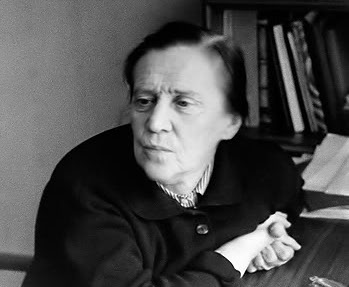
You may not know about the Zeigarnik Effect, but chances are it affects you in many ways. In 1927, Bluma Zeigarnik discovered that the mind would be most likely to retain information about tasks that it had not completed rather than those that were finished.
Bluma made this startling discovery while at a restaurant, noticing that waiters had better recall for tabs that were left open rather than those that had been paid and closed.
It is the Zeigarnik Effect that keeps our minds open while we try to sleep at night, remembering the countless tasks that we didn’t finish that day and ignoring all the ones that were completed.
This is just a small list of famous woman psychologists who made a difference in the world of psychology, contributing research and techniques that are still used today.
Related: 10 Famous People Who Will Inspire Us Not to Give Up

